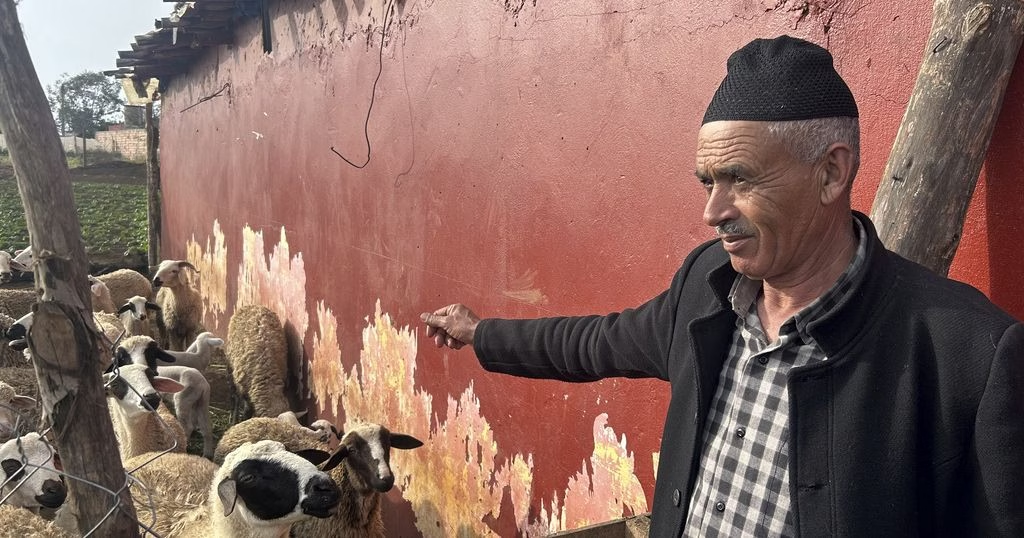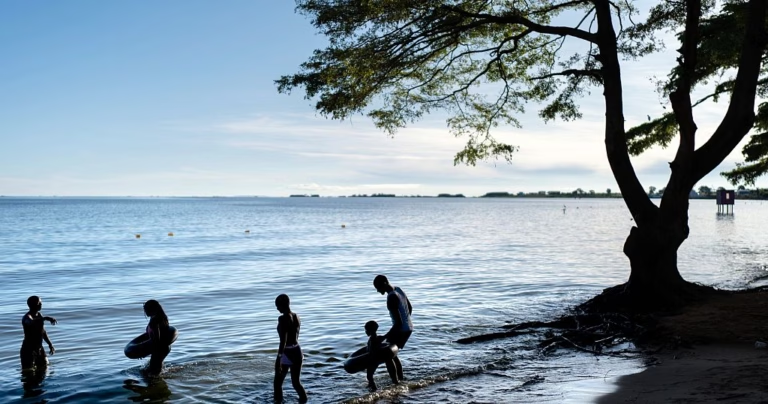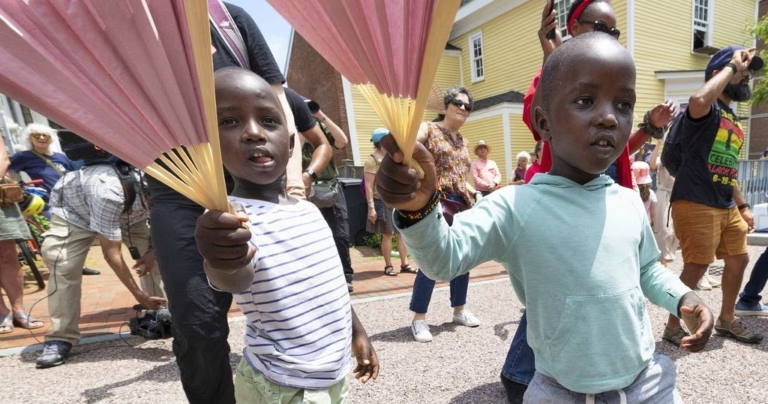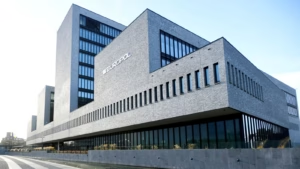
Citing the diminishing size of herds and rising livestock prices, the King’s message, delivered by the Minister of Islamic Affairs, advises against the traditional sacrifice associated with Eid al-Adha.
For livestock farmers like Larbi El Ghazouani, the request is both unexpected and a source of concern. He had hoped to sell his sheep to recoup his investment in them.
“Costs have risen considerably. Straw, for example, was 20 dirhams ($2) for 20 kg; now it’s 60 dirhams ($6). The price of alfalfa has gone from 80 dirhams to 120 dirhams ($12) for the same quantity. These price hikes weren’t there before the drought,” he explains.
“The difference between past years and now is palpable, and it’s indeed hurting us.”
Despite the financial implications, El Ghazouani says he respects the King’s decision and hopes the government will provide support.
“If the Ministry of Agriculture steps in with assistance for barley and grains, we can maintain our herd,” he says.
A six-year drought has caused persistent inflation in food prices, making the typical Eid al-Adha sacrifice and feast unaffordable for many Moroccans.
“I had 70 sheep ready for Eid al-Adha; now they will stay with me. Perhaps I’ll sell some during special events or family gatherings,” El Ghazouani shares.
“Regardless, I’ll keep the ewes so they can breed, to ensure a new generation of sheep for next year.”
Eid al-Adha, which in early June, is a significant holiday for Muslims worldwide.
Traditionally, families have taken out loans to purchase sheep for the sacrificial rite.
Morocco’s agricultural minister recently reported that rainfall this season was 53% less than the past 30 years’ average.
Sheep and cattle herds have decreased by 38% since 2016, according to the latest livestock census conducted in Morocco.






